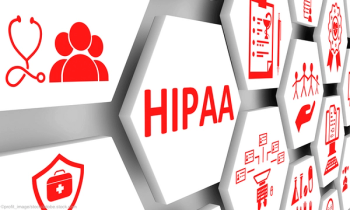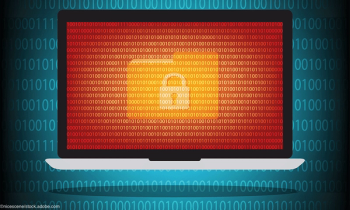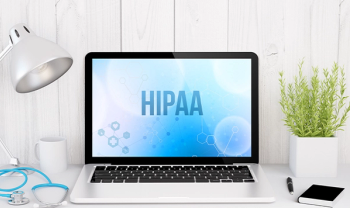
Recent OCR enforcement action showcases business associate liability for HIPAA violations.

Rachel V. Rose, JD, MBA, advises clients on compliance, transactions, government administrative actions, and litigation involving healthcare, cybersecurity, corporate and securities law, as well as False Claims Act and Dodd-Frank whistleblower cases. She also teaches bioethics at Baylor College of Medicine in Houston. Rachel can be reached through her website, www.rvrose.com.

Recent OCR enforcement action showcases business associate liability for HIPAA violations.

Patient rights do not end at death.

Congress and HHS appreciate that every patient’s life does not consist of “good time, noodle salad.”

Don't ignore these two important requirements.

Hackers continue to discover new methods of getting in the way of your practice's compliance with privacy laws.

Medical devices are a new front in the cybersecurity war against health care.

Wild behavior is pulsing through the cybersecurity landscape.

Two recent settlements underscore the FTC's status as an enforcement agency with the power to enforce consumers’ rights in relation to their sensitive information.

Cautionary tales ripped from the headlines.

The days of sticking one’s head in the sand should be long gone.

On March 23, 2010, the 60-Day Rule was enacted as Section 6402 of the Affordable Care Act.

HHS Proposed Rule – electronic transactions and privacy rule enforcement action.

All persons with boards should be making sure that the individual board members are meeting their common law fiduciary duties, including those of loyalty and care.

Don't let the holidays get in the way of legal compliance.

Cybercriminals are waiting for your guard to be down.

In order to cultivate a culture of compliance organizations need to take a “patient safety first” approach to cybersecurity.

There is no time like the present to review these definitions and understand their relation to information blocking

The top three types of care that were sought across state lines were primary care, mental health, and cancer.

The rule of law is premised on civility and applies to all citizens in the United States – regardless of their position.

A look at state requirements for practicing medicine.

The risk of ransomware underscores the importance of compliance.

These types of conduct are material and offer corporate compliance officers and practice managers the opportunity to step back, assess policies and procedures, update training – both for HIPAA and fraud, waste, and abuse, and bring in outside consultants to assess risk.

If a person works in a sensitive field such as healthcare, law, accounting, or finance then setting boundaries that adhere to a plethora of laws and professional obligations should be implemented.

There is a lot to unpack from both the Majority and the Dissent in Dobbs.

The new legislation would tighten the use of patients' health and location information.

Known as the “Lincoln Law,” the FCA stems back to 1863 and was enacted to root out fraud being perpetrated by suppliers of goods during the Civil War

Don't run afoul of federal rules.

What can organizations do to be proactive in protecting personally identifiable information (PII) and protected health information (PHI)?

With the public health emergency possibly coming to an end, the government is looking to continue telemedicine expansions.

A look at recent cases.